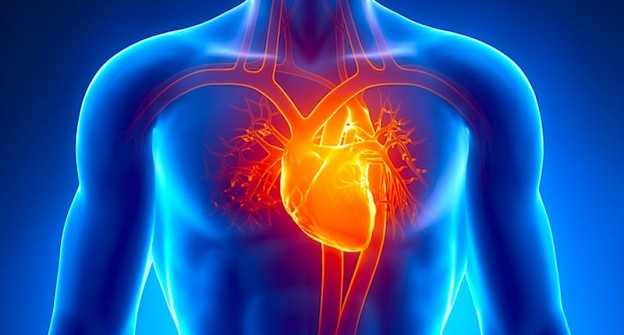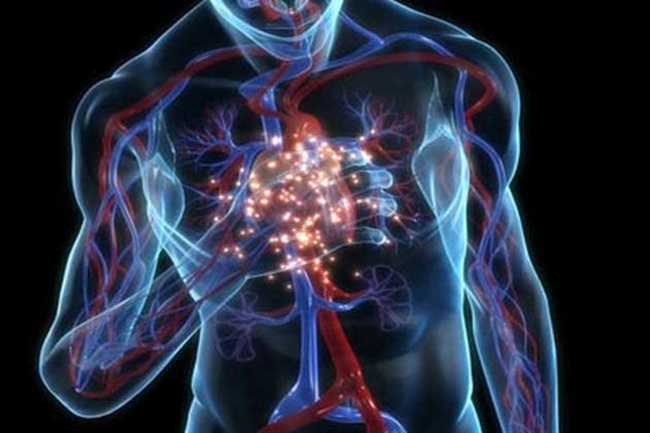What you need to know about a Heart Tumor Treatment
Contents
- 1 What you need to know about a Heart Tumor Treatment
- 2 What Does the Procedure Involve?
- 3 How Long Should You Stay in the Country?
- 4 How Long is the Recovery Time?
- 5 What Aftercare Should You Consider?
- 6 What is the Success Rate for Heart Tumor Treatment?
- 7 Are there Alternatives to a Heart Tumor Treatment?
- 8 What Should You Expect Before and After the Procedure?
A heart tumor or cardiac tumor is an abnormal growth of tissue in the heart that may be non-cancerous (benign) or cancerous (malignant). Treatment for a heart tumor depends on the size of the tumor, whether it causes symptoms, your overall health, and your personal preference. In most cases, treatment for heart tumors will involve surgery.

What Does the Procedure Involve?
Treatment of a heart tumor usually starts with a thorough diagnostic to characterize the tumor in order to understand the type, the size, and its anatomic location. Once the diagnosis is complete, your doctor may recommend surgery, either with open-heart surgery or using a minimally invasive technique. During the surgery, you are given a general anesthetic and your surgeon removes the tumor as well as some of the healthy tissue around it. Since the surgery is very complicated and requires a still heart, a heat-lung machine may be used to take over your heart’s and lung’s function during surgery.
How Long Should You Stay in the Country?
You usually will need to stay in the hospital for four to five days, but you should aim to stay in the area for at least 14 more days. Your doctor will schedule follow-up appointments to check your healing progress and remove your stitches.
How Long is the Recovery Time?
The recovery time can vary from one person to another, depending on your general health and the type of technique used to perform the surgery. After traditional open surgery, the total recovery period may take 6 weeks, but you should be able to go back to work within four weeks if your job is not physically demanding. If you had minimally invasive surgery, the full recovery is a lot faster and usually takes around two or three weeks.
What Aftercare Should You Consider?
Your doctor will guide you with your rehabilitation, medication, and restriction of physical activities and diet. You will have to adjust your lifestyle after treatment, such as following a healthy and balanced diet plan, exercising regularly, stopping smoking, and limiting your alcohol intake. You will need to have a yearly echocardiogram to ensure that there are no new growths and that the tumor has not returned.
What is the Success Rate for Heart Tumor Treatment?
The success rate depends on the type of tumor and how early the patient received treatment. A benign tumor has about 83% 5-year survival rate, while the rate for malignant tumors and cardiac metastases is a lot lower. The side effects and risks of heart tumor treatment are irregular heartbeat, infection, bleeding, and sudden cardiac death.
Are there Alternatives to a Heart Tumor Treatment?
If you are not an ideal candidate for surgery or the tumor cannot be removed surgically, your surgeon may recommend radiation therapy or chemotherapy. Sometimes, targeted drug therapy may also be used to slow the tumor’s growth.
What Should You Expect Before and After the Procedure?
A heart tumor is a very serious medical condition that can lead to death. Before treatment, you may experience symptoms such as difficulty breathing, rapid heart rate, chest pain, fainting, involuntary weight loss, joint pain, fever, and swelling of the legs. After treatment, all of these symptoms may be relieved and your chance of a prolonged life has increased.
For an in-depth analysis of a Heart Tumor Treatment, watch this short video.
To check prices or to book a Heart Tumor Treatment Procedure in Thailand or anywhere else in the world, head on over to MyMediTravel now!

